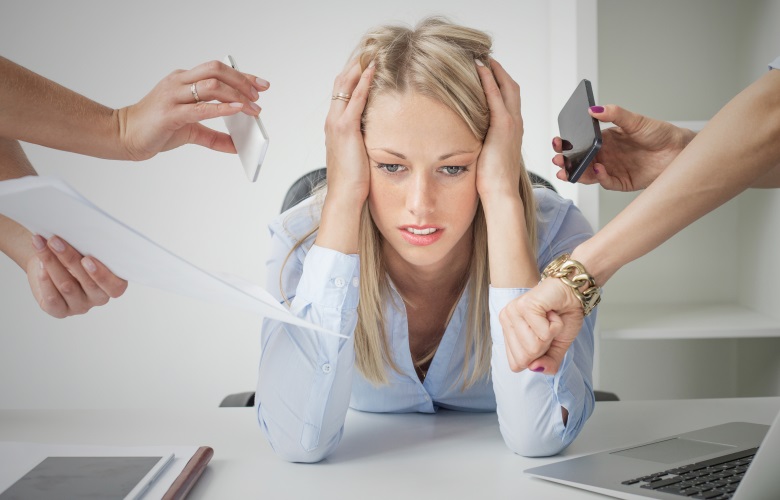Sometimes anxiety or depression reoccurs, like the repetitive events in the movie “Groundhog Day.” You continually juggle your job, care for kids, plus help them with homework, and may even help your parents. You comfort your elderly family members who are shut-in and feel lonely—not to mention navigating daily life.
It’s enough to keep anyone awake at night with a racing heart or depressing thoughts.
If fear, anxiety, or depression hamper your daily life, there are tools available. Among others, these tools include nutrition, exercise, and therapy.
Nutrition + Benefits of Vitamin D
Eating your vegetables is a good start, but you may still lack valuable nutrients or vitamins. For example, those with a vitamin D deficiency may have muscle weakness, leg cramps, or muscle fatigue. Vitamin D is good for mood/depression, as well as assisting neurological and immune systems in helping to fight infection.
“We can naturally make vitamin D from the sun with just 10–15 minutes of exposure a day, but not through a window,” said Dr. Lunzer, Internal Medicine Physician, at Glacial Ridge System. “Vitamin D is also found in foods, such as wheat, eggs, or leafy greens, and it is essential for strong bones and muscles.”
Exercise — Even Short Bouts
Once you’ve ruled out a vitamin or nutritional imbalance and improved your diet, examine your exercise routine—or lack thereof. In addition to improved strength and greater endurance, exercise also provides oxygen and nutrients to body tissues. In turn, this improves heart and lung health, which gives you more energy to manage your daily life. Exercise also releases endorphins that reduce pain and boost feelings of pleasure or well-being. Before beginning any exercise plan, discuss it with your doctor.
If you need motivation or a push to begin, keep your plan attainable. Commit to just 10 minutes of walking a few days a week. Once you start, you may feel good enough to continue beyond the 10-minute mark. Find an interesting route or take along a friend or pet to make it more enjoyable. If it’s something you enjoy, you’re more likely to continue and succeed.
Therapy
A few sessions may be all it takes. Cognitive-behavioral therapy (talking with a counselor) can also help alleviate depression or thoughts that lead to anxiety, and help you cope with stress and other concerns. Talking to a therapist can help you see your life and thoughts from a different perspective—understanding the why can help you discover ways to problem-solve rather than feeling stuck and overwhelmed by emotions.
Whatever you are coping with, remember that your mental health is essential—reach out to others to receive the help you need.
For more information or assistance, start with an appointment with a family medicine doctor or nurse practitioner. They can help you find your balance and collaboratively make a plan.
For more, read 5 Personal Benefits of Eliminating Clutter in Your Home and/or 6 Ways a Hobby Can Boost Your Health.


